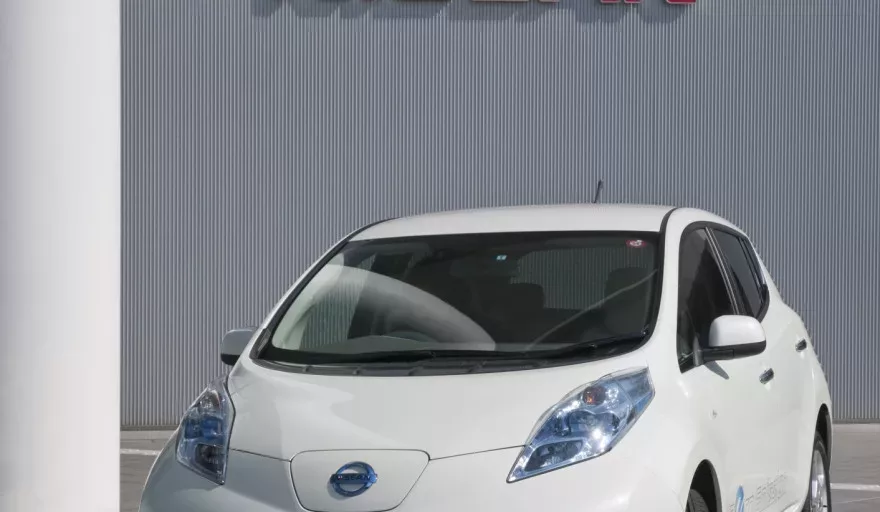On Monday, Nissan revealed its second all-electric vehicle in the Japanese car-market’s latest nudge towards the eco-friendly car sector, despite disappointing sales figures over the last year.
The company said its e-NV200 – a zero-emission commercial van – can drive 190 kilometres (120 miles) on a full charge, and doubles as an on-board power source to supply emergency lighting or power to an outside unit.
Nissan was the first company in the world to sell a mass-production electric passenger vehicle, the Nissan LEAF, in 2010.
The vehicle that was unveiled this week comes with either five or seven seats and goes on sale in some European countries before its October Japan launch. Prices start at 3.88 million yen ($37,900). However, retail prices could be lower after accounting for government subsidies on green-vehicle sales, Nissan said.
The new van can be fully recharged in eight hours or to 80 percent of its battery capacity in half an hour when using the quick-charge system.
Nissan stated that it hopes to log monthly sales of 200 units in Japan, which is a somewhat modest target after the LEAF sold just 115,000 units globally since its launch nearly four years ago.
Japan’s number two automaker also has plans to release a different electric vehicle for the Chinese market, however demand has been disappointing largely due to their short driving range, high prices and a lack of re-charging infrastructures in place across the country.
Pictured: Nissan LEAF




















